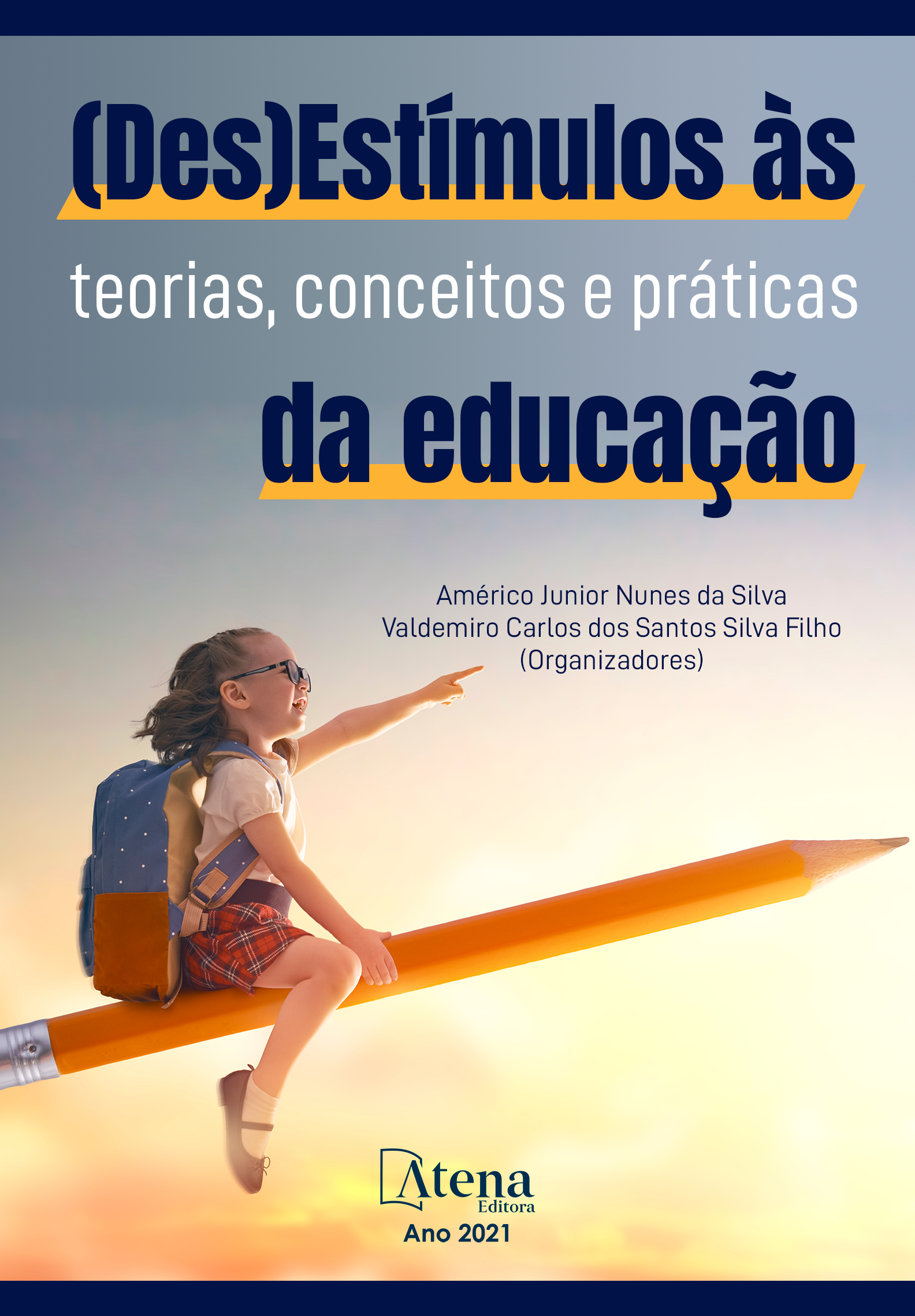
A IMPLEMENTAÇÃO DA BNCC EM RONDÔNIA: EM FOCO A FORMAÇÃO CONTINUADA DE DOCENTES EM DUAS ESCOLAS PÚBLICAS
A Base Nacional Comum Curricular (BNCC) deverá ser implementada, a partir de 2020, nos entes federativos. Portanto, se objetivou verificar que iniciativas de implementação da BNCC foram promovidas em Rondônia e a repercussão de uma formação continuada sobre a BNCC oportunizada aos professores de duas escolas públicas de Ji-Paraná/RO. Os participantes dessa investigação foram: a coordenadora da União Nacional de Dirigentes Municipais de Rondônia (UNDIME), uma redatora das Diretrizes Curriculares de Rondônia (DCR/RO) da Educação Infantil e 30 professores que participaram de uma formação continuada sobre a BNCC no formato de um curso de extensão. Metodologicamente é uma pesquisa de campo, de abordagem qualitativa e para produção de dados se utilizou 3 questionários, sendo: 1 aplicado à coordenadora da UNDIME e à redatora da DCR; e os outros 2 foram aplicados durante o Curso de extensão, denominado “Formação docente sobre a BNCC: aspectos estruturais, organizacionais e sua repercussão no planejamento de ensino”. Dentre os resultados, destaca-se que desde 2018 houve iniciativas de implementação da BNCC em Rondônia, uma certa mobilização em promover ações que possibilitaram a elaboração da versão preliminar das DCR/RO (Educação Infantil e Ensino Fundamental), bem como a formação dos professores e demais profissionais da educação. Quanto à repercussão do Curso ofertado, a formação continuada, os professores explicitaram diferentes tipos de aprendizagens, bem como, a necessidade de mais cursos para haver um maior aprofundamento dos conteúdos acerca da BNCC. Espera-se que esse estudo possa evidenciar a importância da formação continuada como mobilizadora de saberes e conhecimentos para as mudanças necessárias à prática reflexiva dos profissionais docentes, sobretudo diante das novas demandas da BNCC. E assim, possam fomentar reflexões e estudos nos entes federativos, na organização e sistematização de suas propostas curriculares, em consonância com o que preconiza a BNCC e considerando as realidades locais.
A IMPLEMENTAÇÃO DA BNCC EM RONDÔNIA: EM FOCO A FORMAÇÃO CONTINUADA DE DOCENTES EM DUAS ESCOLAS PÚBLICAS
-
DOI: https://doi.org/10.22533/at.ed.48121020811
-
Palavras-chave: BNCC; Formação continuada de professores; Rondônia.
-
Keywords: BNCC; Continuing teacher education; Rondônia.
-
Abstract:
The National Common Curriculum Base (BNCC) should be implemented, from 2020, in the federal entities. Therefore, the objective was to verify that BNCC implementation initiatives were promoted in Rondônia and the repercussion of a continued training on the BNCC provided to teachers of two public schools in Ji-Paraná/RO. The participants in this investigation were: the coordinator of the National Union of Municipal Leaders of Rondônia (UNDIME), a writer of the Curricular Guidelines of Rondônia (DCR/RO) of Early Childhood Education and 30 teachers who participated in a continuing training on the BNCC in the format of an extension course. Methodologically it is a field research, of qualitative approach and for data production it was used 3 questionnaires, being: 1 applied to the coordinator of UNDIME and the writer of DCR; and the other 2 were applied during the extension course, named "Teacher training on BNCC: structural and organizational aspects and their impact on teaching planning". Among the results, it is noteworthy that since 2018 there have been initiatives to implement the BNCC in Rondônia, a certain mobilization in promoting actions that made possible the preparation of the preliminary version of the DCR/RO (Early Childhood Education and Elementary Education) as well as the training of teachers and other education professionals. As for the impact of the Course offered, the continuous training, the teachers explained different types of learning, as well as the need for more courses to have a greater deepening of the contents about the BNCC. It is hoped that this study can highlight the importance of continuing education as a mobilizer of knowledge and knowledge for the changes necessary to the reflective practice of teaching professionals, especially in view of the new demands of BNCC. And so, they can foster reflections and studies in federative entities, in the organization and systematization of their curricular proposals, in line with what the BNCC recommends and considering local realities.
-
Número de páginas: 25
- Simone Aparecida Navarro da Cruz
- Márcia Regina de Souza Silva
- Edre Almeida Corrêa
- Nídia Estelita de Souza Ribeiro
- Eliana Alves Pereira Leite
- Diléia da Silva Brun Scatamburlo


